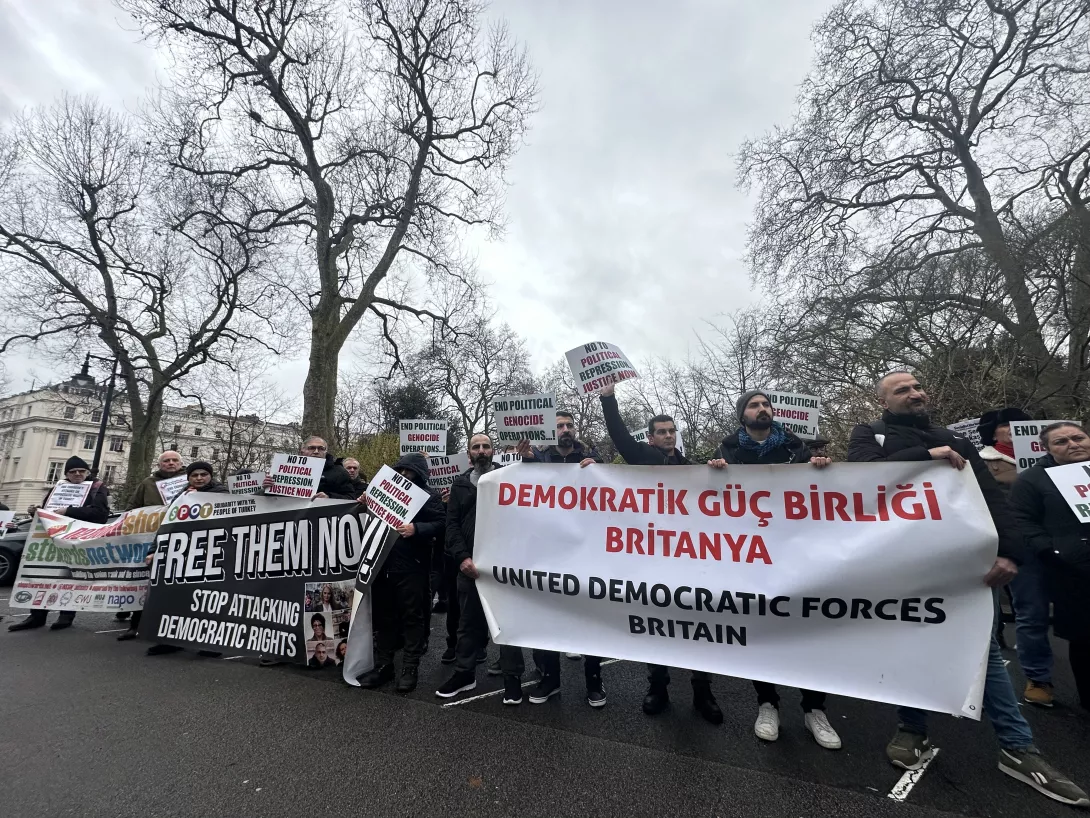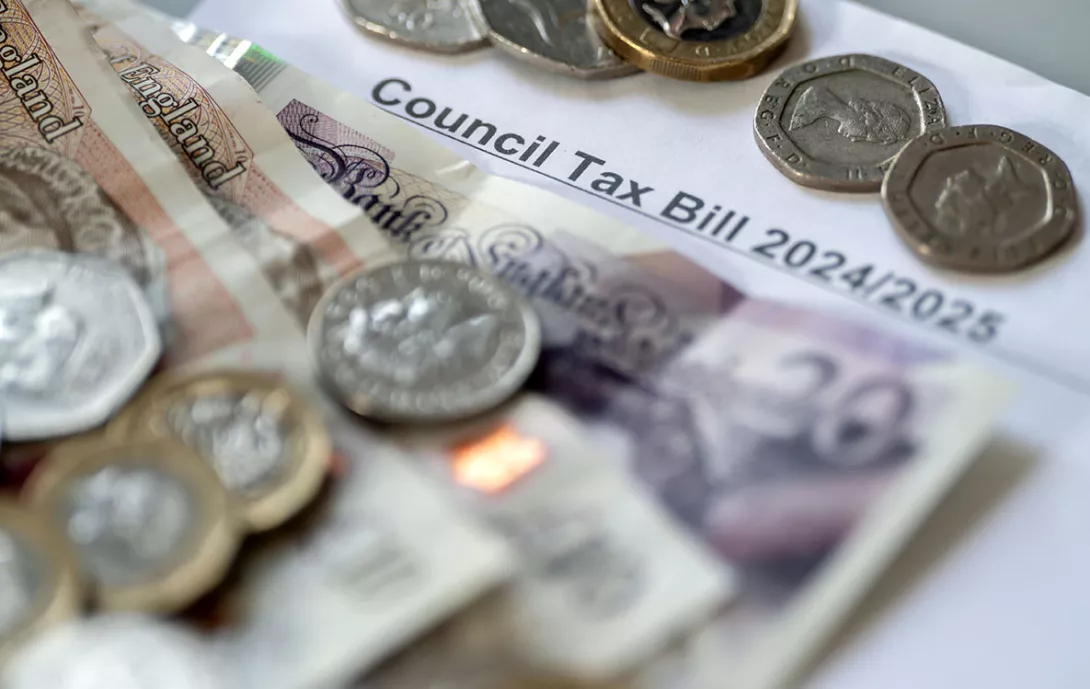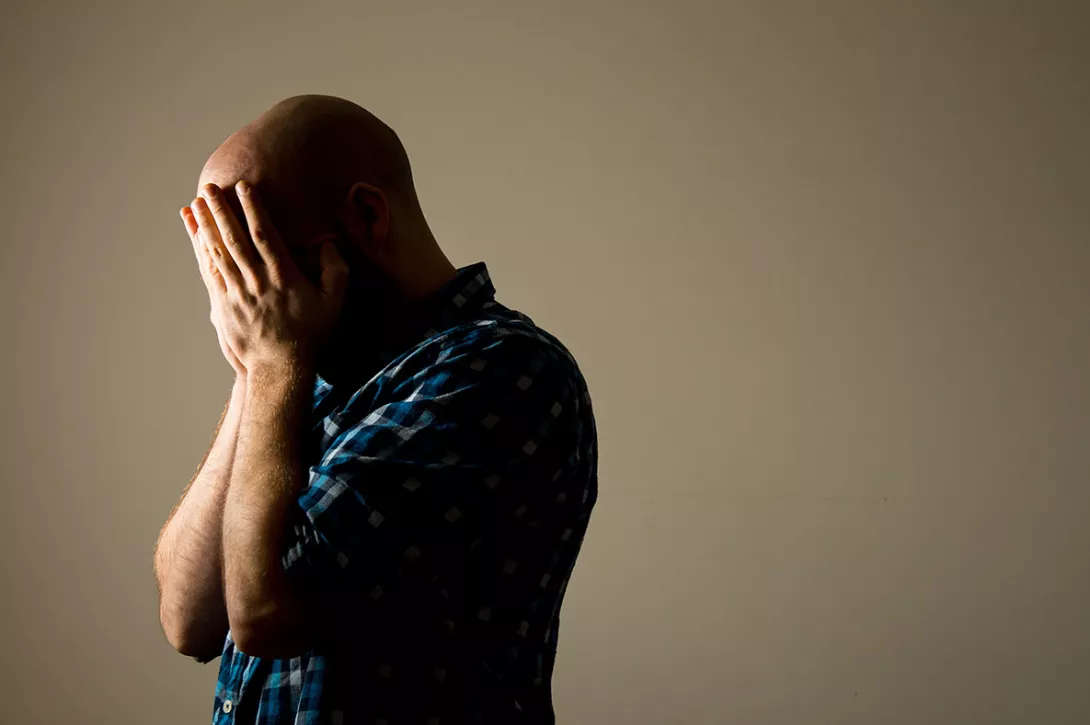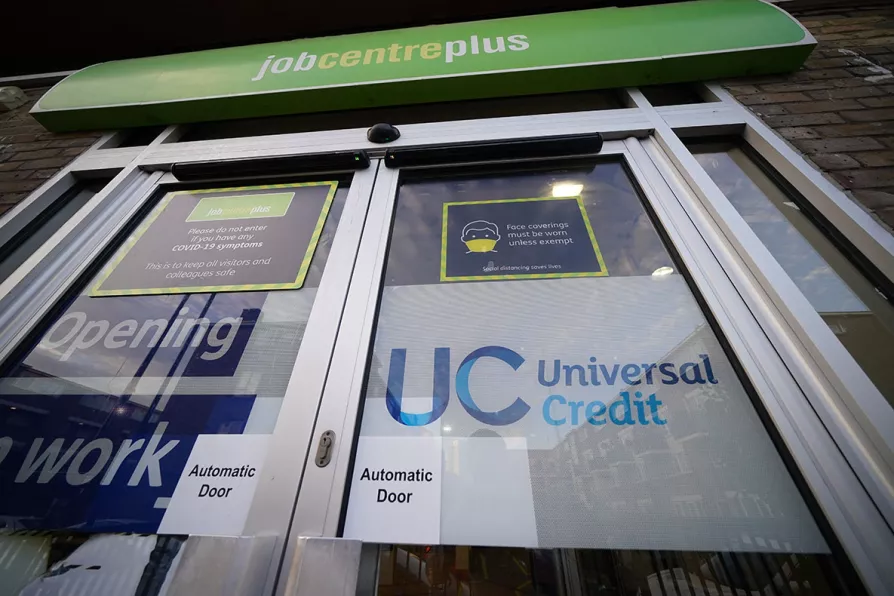Government plunging single mothers into deeper financial instability with new benefit overhauls, campaigners charge
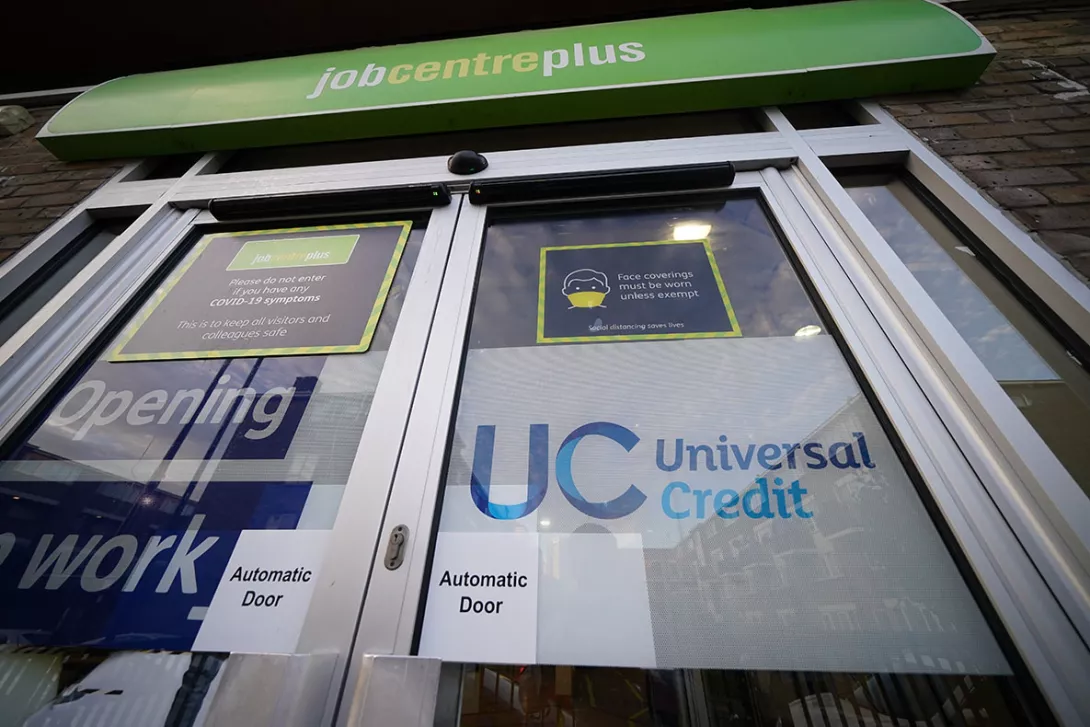
CAMPAIGNERS slammed the government for pushing single mothers and others on razor-thin margins into deeper financial instability with drastic benefit overhauls.
Under new rules implemented today, universal credit claimants earning less than £892 will be expected to search for more, or better paid, work. Failure to do so could risk them losing their benefits altogether.
The threshold has risen sharply from £617 for individuals, and £988 for couples, who are now expected to take home at least £1,437.
More from this author
Similar stories
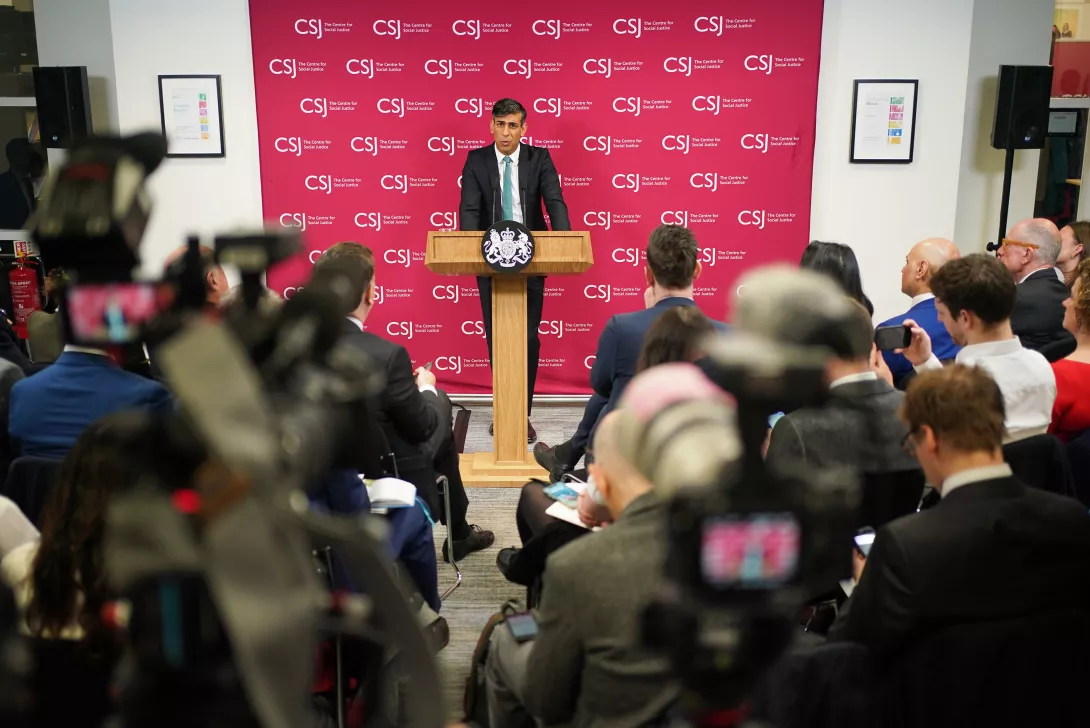
PM announces major plans to impose curbs on benefits


